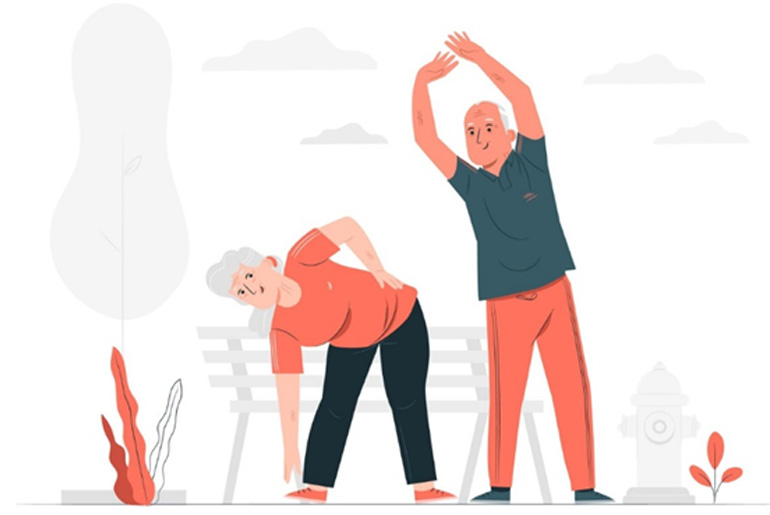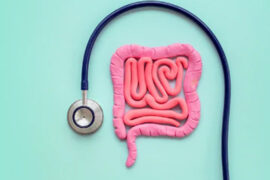Ensuring the elderly care during the winter months demands special attention and care. Creating a warm environment by properly heating living spaces and sealing windows and doors is crucial, accompanied by dressing seniors in layered, warm clothing and providing cozy blankets. Proper nutrition, hydration, and fall prevention measures are essential, as is promoting regular indoor exercises to maintain mobility.
Facilitating social interactions and monitoring health conditions, including medication management and emergency preparedness, contribute to overall winter-ready elderly care. Additionally, ensuring flu vaccinations, addressing skin care needs, and maintaining regular check-ins are integral aspects of a comprehensive approach to elderly care during the colder season.
Nurturing elders through the winter season requires special attention and care to ensure their well-being. Here are some essential tips for elderly care during the cold season:
Maintain a Warm Environment:
- Keep the living spaces comfortably heated.
- Ensure that windows and doors are properly sealed to prevent drafts.
Layered Clothing:
- Dress seniors in warm, layered clothing, including thermal wear if necessary.
- Provide cozy blankets and shawls for added warmth.
Proper Nutrition:
- Prepare and serve nutritious, hot meals to help keep the body warm.
- Include foods rich in vitamins and minerals to support overall health.
Hydration:
- Encourage seniors to drink an adequate amount of fluids, including warm beverages.
- Dehydration can still be a concern in winter, so ensure they stay hydrated.
Fall Prevention:
- Clear walkways of ice and snow to prevent slips and falls.
- Ensure that seniors wear appropriate footwear with good traction.
Regular Exercise:
- Promote light indoor exercises to maintain mobility.
- Consider activities like stretching, chair exercises, or yoga.
Social Interaction:
- Combat feelings of isolation by facilitating regular social interactions.
- Arrange visits from family and friends or encourage virtual communication.
Health Monitoring:
- Keep an eye on health conditions and address any concerns promptly.
- Ensure they attend regular medical check-ups and screenings.
Medication Management:
- Double-check medication supplies and assist with adherence.
- Have a plan for refilling prescriptions in case of disruptions.
Emergency Preparedness:
- Prepare an emergency kit with essentials such as medications, medical records, and contact information for healthcare providers.
- Discuss emergency plans and procedures with seniors.
Winter-Ready Home:
- Check that the heating system is in good working order.
- Insulate windows and doors to conserve warmth.
Flu Vaccination:
- Ensure that seniors receive the flu vaccine to protect against seasonal illnesses.
Skin Care:
- Cold weather can be harsh on the skin. Use moisturizers to prevent dryness and chapping.
- Encourage seniors to stay hydrated for skin health.
Regular Check-ins:
- Maintain regular communication to assess their well-being and address any concerns promptly.
By incorporating these tips into elderly care routines during the winter, you can help ensure the health and comfort of elderly individuals during the colder months. Tailor these suggestions based on individual needs and consult healthcare professionals for personalized advice.
Disclaimer:
The information contained in this article is for educational and informational purposes only and is not intended as a health advice. We would ask you to consult a qualified professional or medical expert to gain additional knowledge before you choose to consume any product or perform any exercise.







